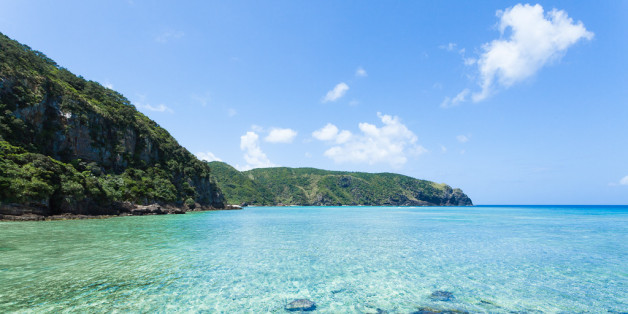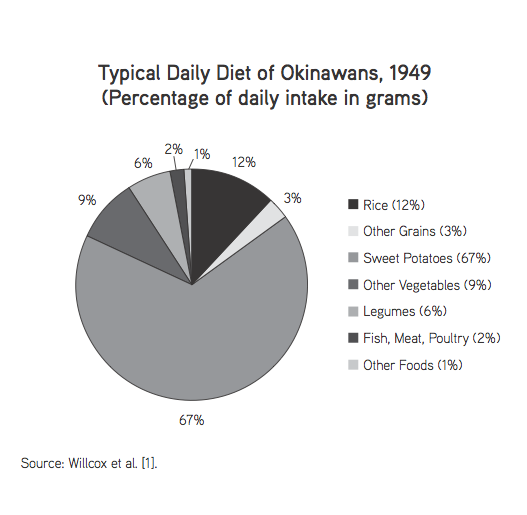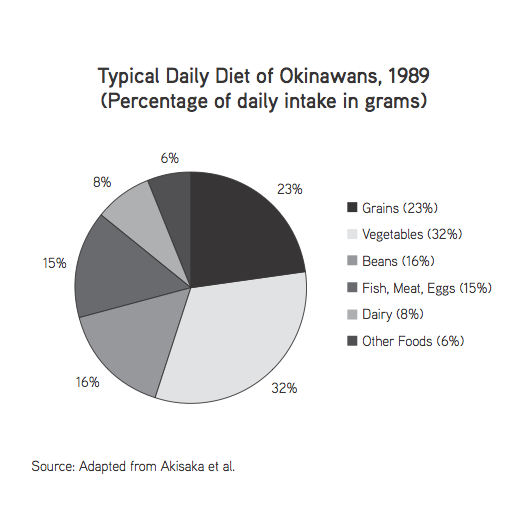Scroobal. See what I mean?
I hope that when you guys here get cancer please hor please don't go to a doctor. Just go and die. Don't pass go don't collect $200.
All talk big. When suffering in pain will sure go doctor.
I hate sinkies their attitude stinks.
I am so glad I got away from these God forsaken fucking sinkies.
I pray that sinkies die a horrible death.
I hope that when you guys here get cancer please hor please don't go to a doctor. Just go and die. Don't pass go don't collect $200.
All talk big. When suffering in pain will sure go doctor.
I hate sinkies their attitude stinks.
I am so glad I got away from these God forsaken fucking sinkies.
I pray that sinkies die a horrible death.




